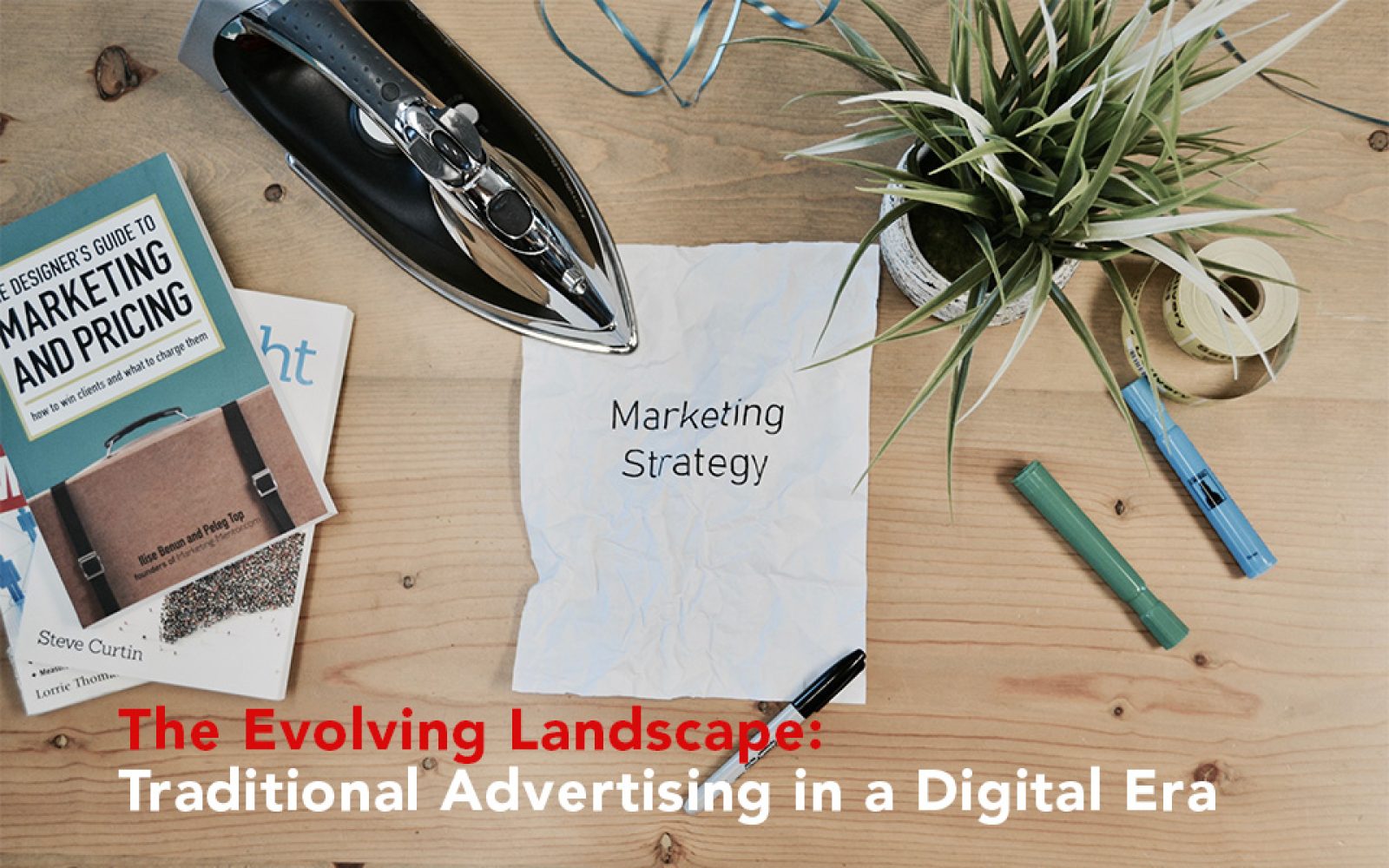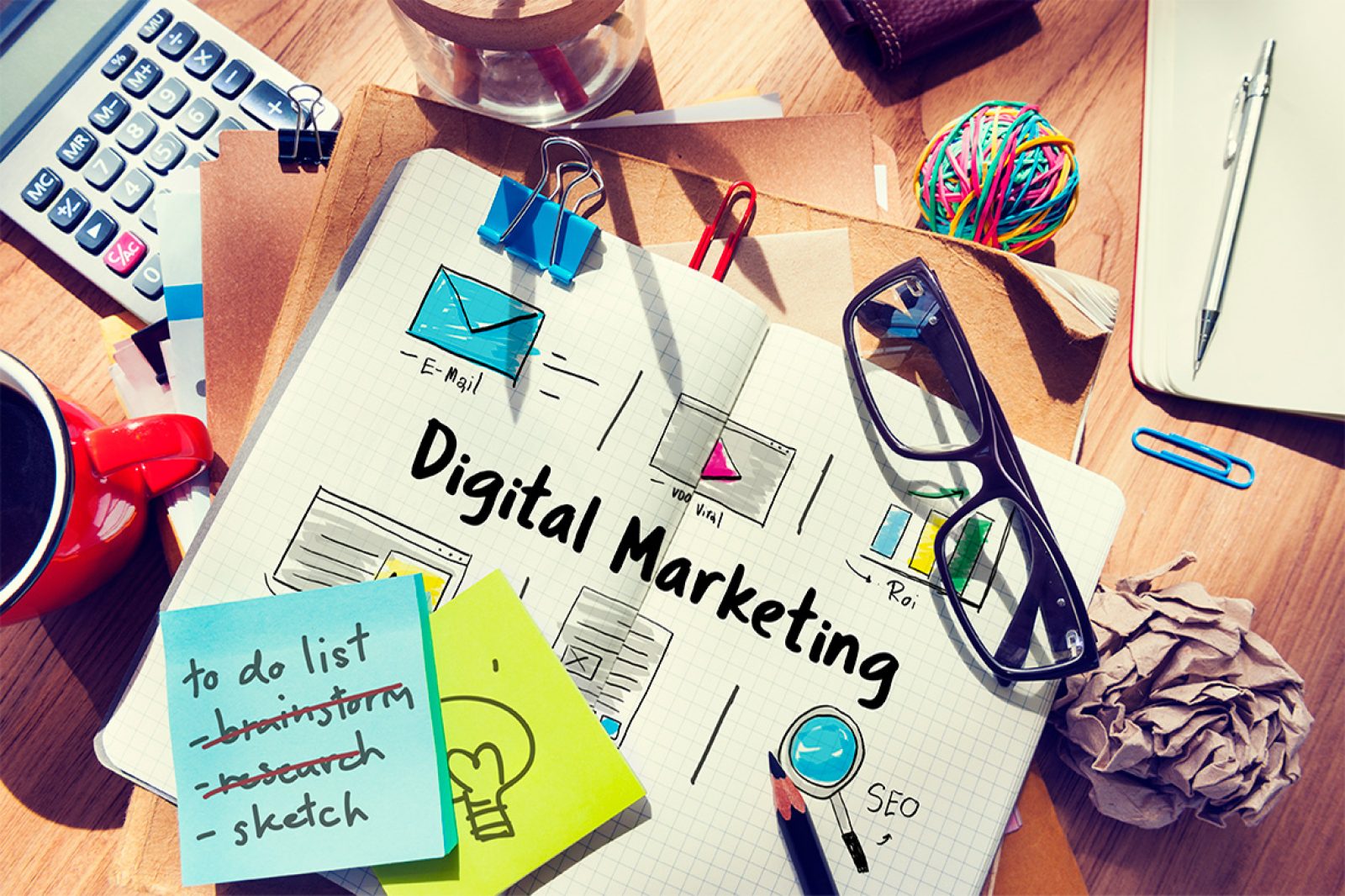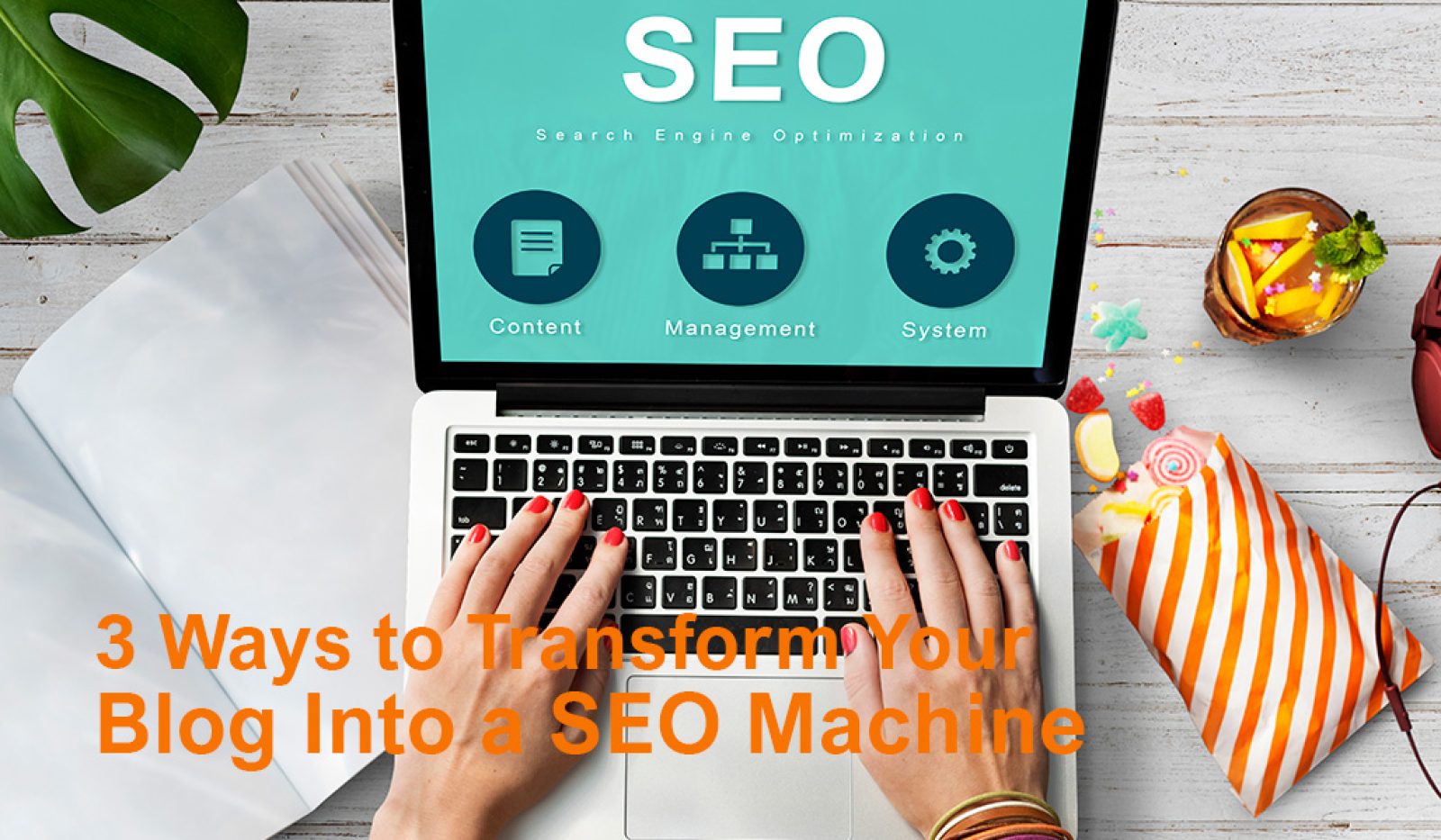How to Increase Sales per Customer
Increasing sales per customer often involves strategies focused on increasing the average transaction value or encouraging repeat purchases. Here are ten methods along with detailed actions you can take to achieve this:
How to Increase Sales per Customer
1. Bundle...
The Evolving Landscape: Traditional Advertising in a Digital Era
In the fast-paced world of business, advertising methods have continuously evolved. Traditional advertising once dominated the landscape, but the digital age has ushered in new paradigms. While traditional methods hold their ground, they face challenges amidst the...
Increase Your ROI Through Scientific
How Increase Your ROI Through scientific SEM
Want to know the one thing that every successful digital marketer does first to ensure they get the biggest return on their...
Simple Ways To Optimize Your Website For SEO
Optimizing your website for SEO (Search Engine Optimization) is crucial to improve its visibility and organic rankings on search engine result pages (SERPs). Here are some simple steps and detailed descriptions to help you...
Importance of SEO
By now, almost every organization knows the importance of having a website. The world has turned more digital than what no one ever anticipated. It’s good bye to analogue marketing. However, since everyone organization has turned digital, the war now is on how to be...
Impact of Internet Marketing in Business
Internet marketing is the fastest growing trend today and has made marketing even easier for marketers. Alex Trengove says, ”as the world becomes ever more connected, web centric keeping up with developments and trends is vital for marketers trying to reach new...
How to Decide: PR, Marketing or Branding ?
At Search media, we offer those services to our clients, but sometimes some of our clients may think they need one thing when what they actually need is another or a combination of all. Therefore, what is many clients ask is that...
Transform Your Blog Into a SEO Machine
3 Ways to Transform Your Blog Into a SEO MachineIf you run a blog, you know how important it is to rank well in search engine results pages (SERPs). Higher rankings mean more traffic, more readers, and potentially more revenue. To...
Social Media Guideline for Small Business
Small Business’s Social Media GuidelineMany small or startup businesses in South Africa face challenges in building their business with few resources. As a startup or small business owners, there is a lot to achieve with...













